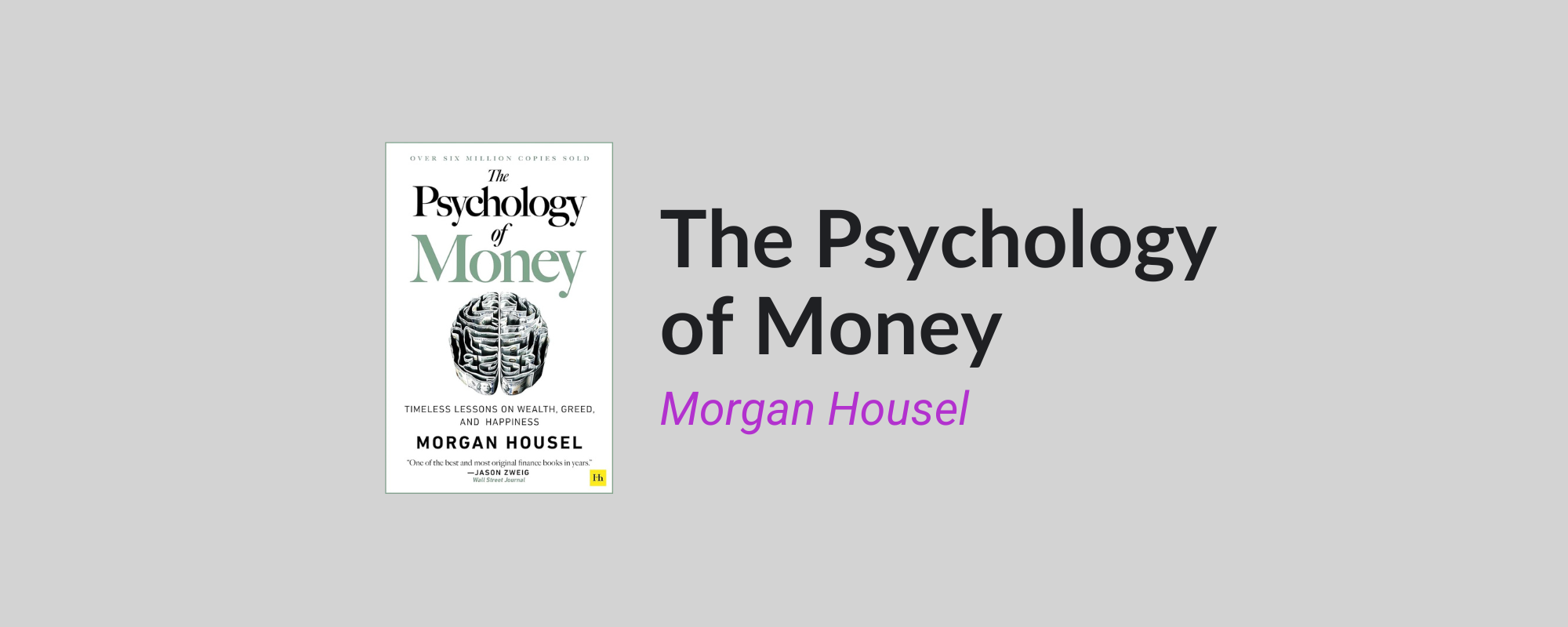The Psychology of Money

I’ve always been fascinated by how we think about money. Reading The Psychology of Money by Morgan Housel only deepened that interest—and it challenged a lot of my assumptions.
One idea that really stood out to me was how finance isn’t physics. If a bridge collapses, engineers can agree why. But money? It’s all about behavior. What seems like a smart decision to me might look completely irrational to you—and vice versa. And that’s the fun (and frustrating) part.
Housel really drives this home: “No one is crazy.” We all make financial decisions based on our own experiences, even if they seem “out there” to someone else. There’s comfort in that, right? It explains why your neighbor might sink a fortune into cryptocurrency while you’re sticking to your bonds. Both approaches can make sense, depending on the story you’re living.
Another gem: “Success is a lousy teacher.” Bill Gates said it best—it makes us feel invincible. But success doesn’t always mean we were right. Sometimes it just means we got lucky. And where luck is involved, risk isn’t far behind. So, while we celebrate our wins, we need to remember that luck’s lesser-known cousin, risk, is always lurking. It’s a humbling reminder.
Personally, my biggest takeaway was this: Enough is enough. There’s a point where we have to stop moving the goalposts. Chasing endlessly after “more” can lead to some pretty reckless decisions. As Housel puts it, “there’s no reason to risk what you have and need for what you don’t have and don’t need.” It’s a tough pill to swallow, but understanding “enough” is probably the most liberating thing we can do with our finances—and our lives.
At the end of the day, money isn’t just about numbers. It’s about managing behavior, emotions, and—perhaps hardest of all—expectations. And if you ever feel like you’re making crazy decisions? Don’t worry, we all are.



Discussion